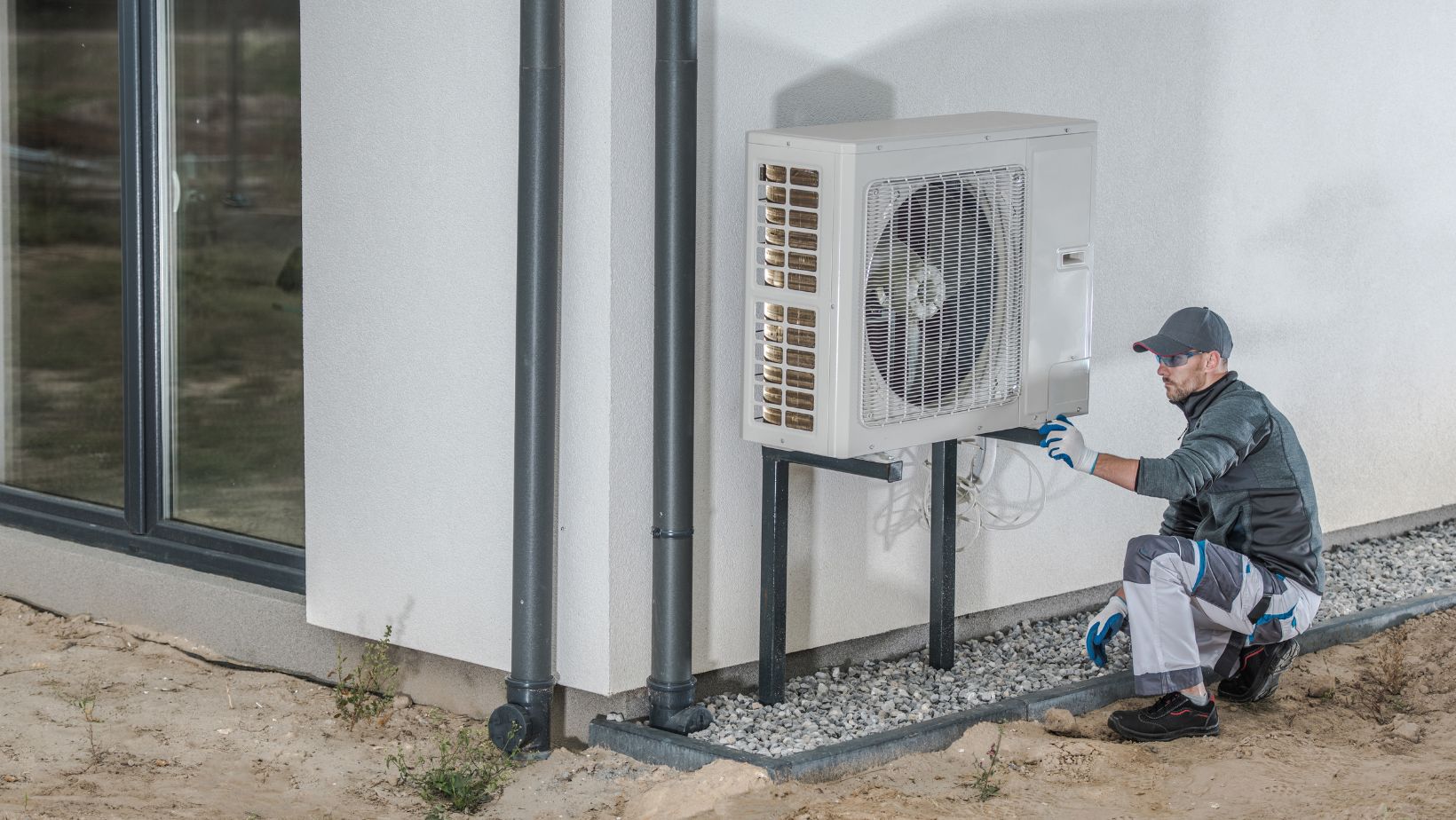
Maintaining a comfortable indoor environment throughout the changing seasons is essential for homeowners, and heat pumps are a popular choice for efficient heating and cooling. However, like any other mechanical system, heat pumps require regular maintenance to operate effectively. This article dives into the importance of regular heat pump maintenance, offering preventative tips that homeowners can easily incorporate into their routines.
Benefits of Regular Heat Pump Maintenance
Regular maintenance of heat pumps provides several benefits that can significantly enhance your home’s comfort and efficiency.
A well-maintained heat pump operates more efficiently, which directly translates to lower energy bills. Routine tasks, such as cleaning filters and outdoor units, help ensure that the system doesn’t have to work harder than necessary. When the heat pump is running efficiently, it uses less energy, resulting in reduced utility costs. Over time, these savings can be substantial.
Investing in regular maintenance can also prolong the lifespan of your heat pump. Just like any other appliance, a heat pump that receives proper care will last longer than one that is neglected. Many manufacturers recommend routine maintenance to help keep systems running smoothly for 15 years or more. This can save you the cost of premature replacement, which can be a significant expense.
One of the most significant advantages of routine maintenance is the reduction in unexpected breakdowns. Regular check-ups can identify and rectify minor issues before they escalate into major problems. This not only saves you from the inconvenience of an emergency repair but also helps avoid costly repair bills down the line.
Key Maintenance Tasks for Homeowners
Homeowners can take several proactive steps to maintain their heat pumps effectively.
Regular Filter Replacement
Changing or cleaning air filters frequently is one of the easiest and most impactful maintenance tasks for your heat pump. When filters become clogged, they impede airflow, causing the heat pump to operate less efficiently and work harder, which can lead to higher energy costs. To maintain optimal performance, it’s recommended to inspect and replace the filters every 1 to 3 months, depending on how often the system is used.
Cleaning the Outdoor Unit
The outdoor unit of a heat pump can accumulate dirt, leaves, and debris, which can hinder its performance. Homeowners should periodically inspect the unit and clear any obstructions to ensure proper airflow. This not only helps maintain efficiency but also prevents potential damage to the system.
Checking Refrigerant Levels
Refrigerant is essential for the heat pump’s cooling and heating processes. Low refrigerant levels can lead to inefficient operation and may even damage the system.

Homeowners should check refrigerant levels regularly and call a professional if they suspect leaks or inadequate levels.
Inspecting Ductwork
Ductwork plays a crucial role in distributing conditioned air throughout your home. Over time, ducts can develop leaks or become obstructed, reducing efficiency. Homeowners should regularly inspect ducts for signs of wear and tear, ensuring they are sealed and insulated properly to maximize airflow.
Scheduling Professional Inspections
While there are many maintenance tasks homeowners can perform, scheduling annual professional inspections is essential. Trained HVAC technicians can conduct thorough check-ups, identifying and addressing issues that may not be apparent to homeowners. This preventive measure can significantly extend the lifespan of your heat pump and improve its efficiency.
Seasonal Maintenance Checklist
Creating a seasonal maintenance checklist can help ensure your heat pump remains in top shape.
Fall Maintenance Tasks
As temperatures begin to drop, preparing your heat pump for winter is crucial. Key tasks include checking insulation around the unit, clearing the outdoor area of debris, and ensuring the thermostat is functioning correctly. Fall is also a great time to schedule a professional maintenance check to ensure your system is ready for the heating season.
Spring Maintenance Tasks
In spring, it’s essential to prepare your heat pump for summer cooling. Clean the outdoor coils, check the refrigerant levels, and ensure that the thermostat is set correctly for cooling. Additionally, consider scheduling a professional inspection to address any issues that may have arisen during the winter months.
Year-Round Maintenance Practices
Beyond seasonal tasks, homeowners should adopt simple practices throughout the year. Regularly check and replace filters, keep the outdoor unit clean, and monitor for unusual sounds or performance issues. These small actions can significantly impact your heat pump’s overall efficiency and longevity.
Common Issues that Require Repair
Despite best efforts in maintenance, issues may still arise that require heat pump repair.
Homeowners should be aware of common signs that indicate repair needs. These may include unusual noises (like grinding or hissing), inconsistent temperatures throughout the home, or a noticeable increase in energy bills. If you notice any of these signs, it may be time to consider heat pump repair.

Some of the most common problems with heat pumps include faulty thermostats, refrigerant leaks, and compressor issues. Each of these problems can significantly affect performance and efficiency, leading to discomfort and higher energy costs.
Delaying necessary repairs can lead to more significant issues and higher costs down the line. Prompt attention to minor problems can prevent them from becoming major failures, saving you time, money, and hassle in the long run.
Conclusion
In summary, regular maintenance of your heat pump is vital for efficiency, comfort, and longevity. By adopting a proactive maintenance routine and scheduling professional inspections, homeowners can ensure their heat pumps operate effectively throughout the year. Taking these steps not only helps prevent costly repairs but also contributes to a comfortable and energy-efficient home. Don’t hesitate to invest in your heat pump’s maintenance—your future self will thank you.


















